11 “Spam” Letters You Should Never Throw Away
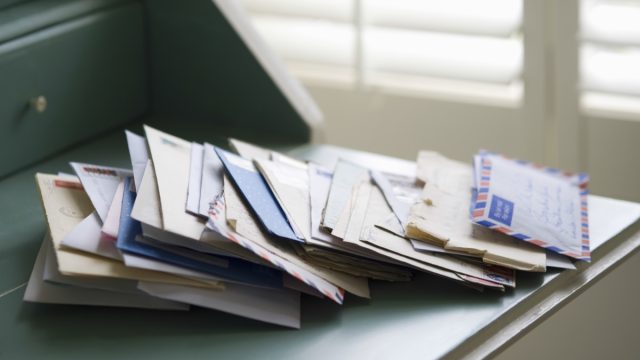
These days, the majority of the information you get in the mail is also available online. So it’s easy to treat those paper versions like trash. Pay stubs? Recycle. Utility bills? Don’t need them. That booking confirmation for an upcoming concert? Trash it. But wait—not so fast! These “spam” letters contain more personal information than you might think, and simply tossing them could put you at risk of identity theft.
Since 16 million people were victims of identity theft in 2017, according to a report by Javelin Strategy & Research, you’ll want to treat your mail with some serious care. Herein, we’ve rounded up the “spam” letters you might not realize make you vulnerable to scammers. When it comes to these pieces of mail, it’s always best to shred instead.
1
Medical Records From Your Vet

What could a thief possibly gain from knowing that your dog got two shots last week? Turns out, it’s not your pet’s procedures that hackers care about—it’s their name. One 2013 survey commissioned by Google found that the most common passwords contain a pet’s name.
That means you’ll probably want to shred those letters from your vet. Also, you should change your password if it’s something as simple as Fido123.
2
Pre-Authorized Credit Card Offers

Just because you’re not accepting a credit card offer doesn’t mean it’d be impossible for someone else to—and in your name, at that. While it’s unlikely a random scam artist would be able to grab one of these from your mailbox and apply for a credit card without any other information, anyone with access to your home likely has the ability to dig up your Social Security number and apply.
That happens more than you might think: In 2014, 550,000 fraud and identity theft victims reported that their information was compromised by someone they knew, according to Javelin Strategy & Research data for CNBC. Instead of throwing these offers away with the rest of your mail, you’ll want to run them through the shredder first.
3
Mail From Your Child’s School
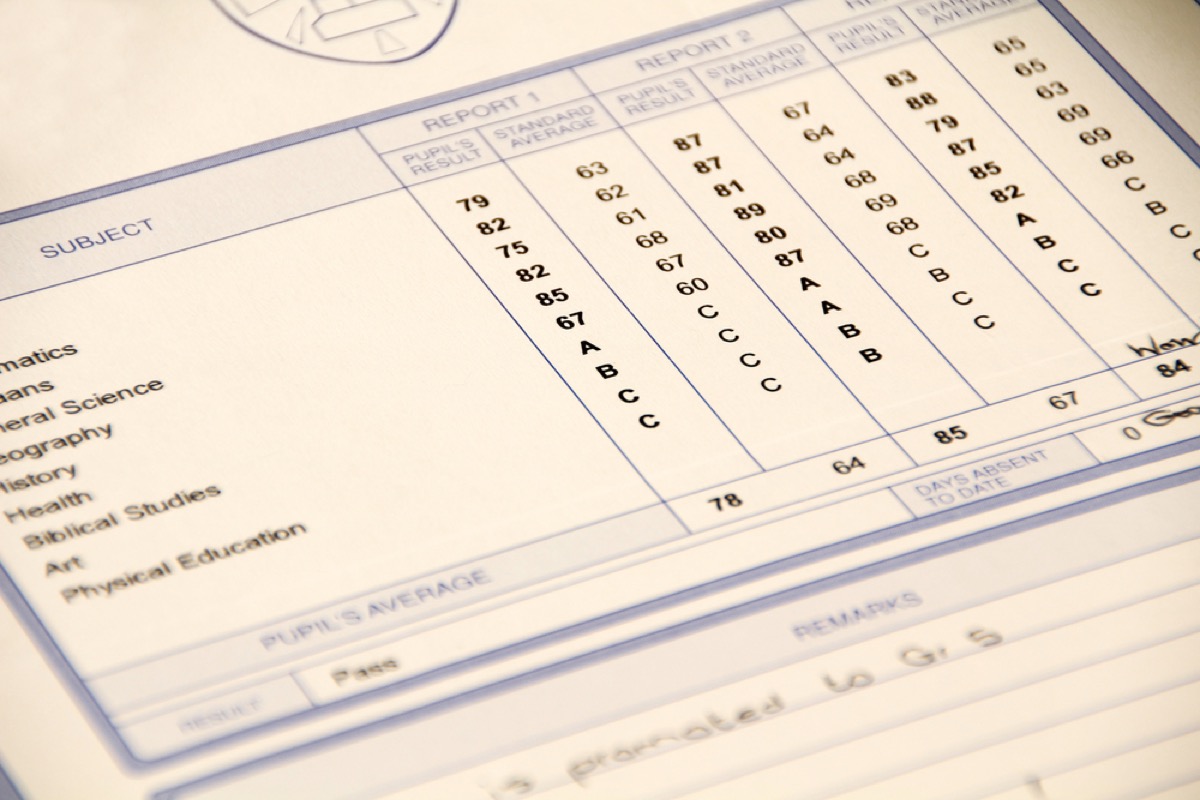
Your child’s school probably sends you a lot of mail. But just because you don’t need yet another reminder that your kid has a field trip coming up, that doesn’t mean the piece of paper can go straight into the recycling bin. Consider this: In 2017, more than one million children were victims of identity theft or fraud, according to the Javelin report.
The research also found that the thieves were able to steal $2,300 with the identity of a minor—which is more than twice the average amount stolen from adult victims. That means if you get any school-related mail for your children—from report cards to school registration forms—you should shred them to avoid tipping off potential fraudsters to any personal information.
As with adults, some 60 percent of child identity-theft victims knew the perpetrator personally, according to the Javelin report. So even the tiniest bit of extra personal information could be all someone needs to steal your child’s identity.
4
Medical Records

Like all medical and health insurance records—including outdated insurance forms, prescription and physician statements, and the labels from prescription bottles—any paperwork you get in the mail from a medical agency should be shredded, according to the Federal Trade Commission (FTC).
Not only could these forms put you at risk of regular identity theft, but they could also leave you vulnerable to medical identity theft, which occurs when someone uses your name or health insurance numbers to see a doctor, get prescription drugs, or file claims with your insurance provider.
5
Pay Stubs From Your Employer
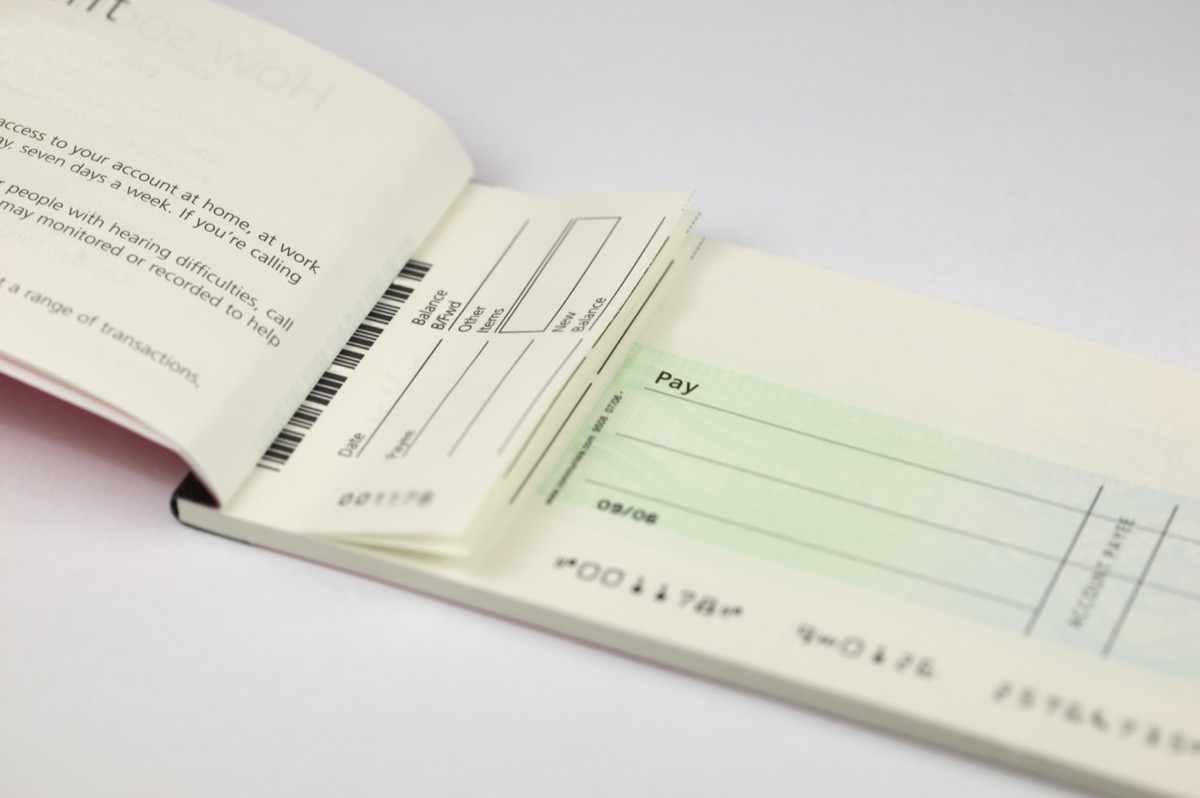
Even if you choose to get your pay stubs online, many companies will still send you hard copies in the mail. And while you might just let these envelopes pile up on the counter before tossing them after tax season, these stubs can sometimes be used to verify identity—or for someone else to prove that they’re you.
In addition, pay stubs typically also show your health insurance provider and some of your bank account information. It’s safest to just shred them.
6
Utility Bills

A peek at your utility bill can make it easier for thieves to open their own utility accounts in your name. “Very little information is needed to open a utility account,” Brett Montgomery, a fraud operations manager at IDentity Theft’s Resolution Center, told Credit.com. “A name, phone number, and service address are usually enough—and in any case, the service address belongs to the criminal.”
Montgomery says the best way to protect yourself is to shred bills and other documents before you dispose of them. “A lot of the information used in utility fraud is simply pulled from the victim’s trash,” he says.
7
Bank Statements
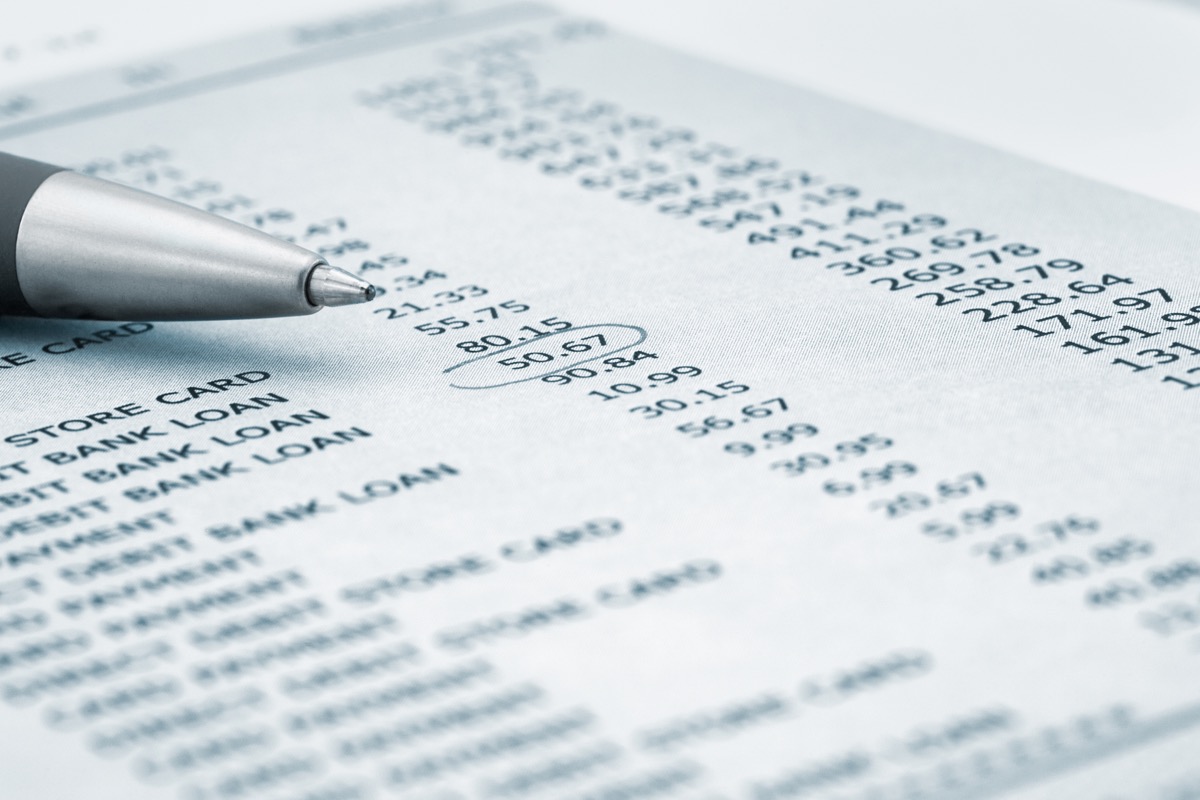
The easiest way to steal money from someone is to get ahold of their bank account numbers, which can sometimes be found on paper bank statements. That means that if you are discarding bank statements, it should only be through a shredder. And for even more security, trade your paper bank statements for online statements. Not only are they more eco-friendly, but they’re also a lot easier to protect as well.
8
Booking Confirmations

If you have travel or booking confirmations sent to you via snail mail, you’ll want to shred those documents once you’re done with them. An itinerary lists the exact dates and times of your upcoming commitments, which makes them a dream for burglars.
9
Any Mail With Personal Signatures

Yes, that includes those birthday cards. Access to your signature (or one of your family members’ signatures) gives any thief the chance to forge documents in your name. And while many people like to hold onto these personal notes, if you do decide to toss them, you’ll want to send them through the shredder.
Also, since you can’t control other peoples’ shredding habits, you may want to print your name on the cards you send in the future.
10
Receipts Inside Online Shopping Packages

Online shopping has made many things more accessible, but that doesn’t mean you can be totally carefree when it comes to your internet purchases.
Any receipts and return labels included in your packages are likely to include all sorts of personal information, from your full name and address to the last four digits of your credit card number. So, once you’ve received your purchase, make sure to shred any documents that were included in the package.
11
Any Addressed Envelope
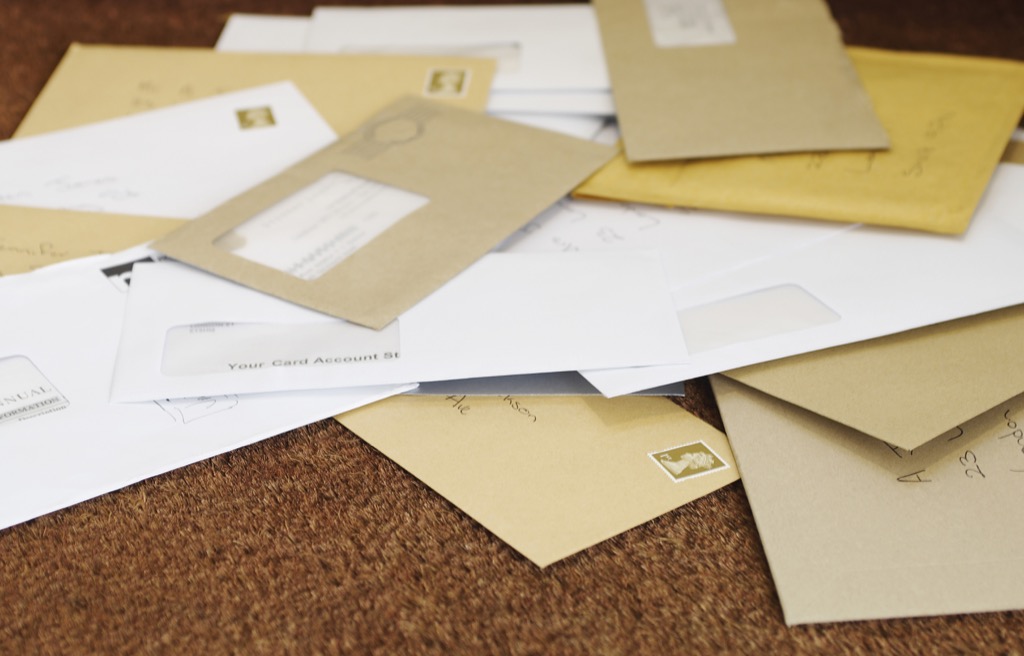
For the utmost protection, you’ll want to shred any envelope that includes your name and address. The paired information is more valuable than you think when it comes to identity theft.
Additionally, shredding everything you receive in the mail is the only surefire way to get rid of sensitive information carefully. And for more ways to protect yourself, check out the 17 Essential Password Protection Tactics You’re Definitely Not Doing.
To discover more amazing secrets about living your best life, click here to follow us on Instagram!